Pharmaceutical Patents on Manufacturing Methods: Groundless or Well-Supported?
Are manufacturing method patents warranted intellectual property protections, or groundless obstacles to competition?
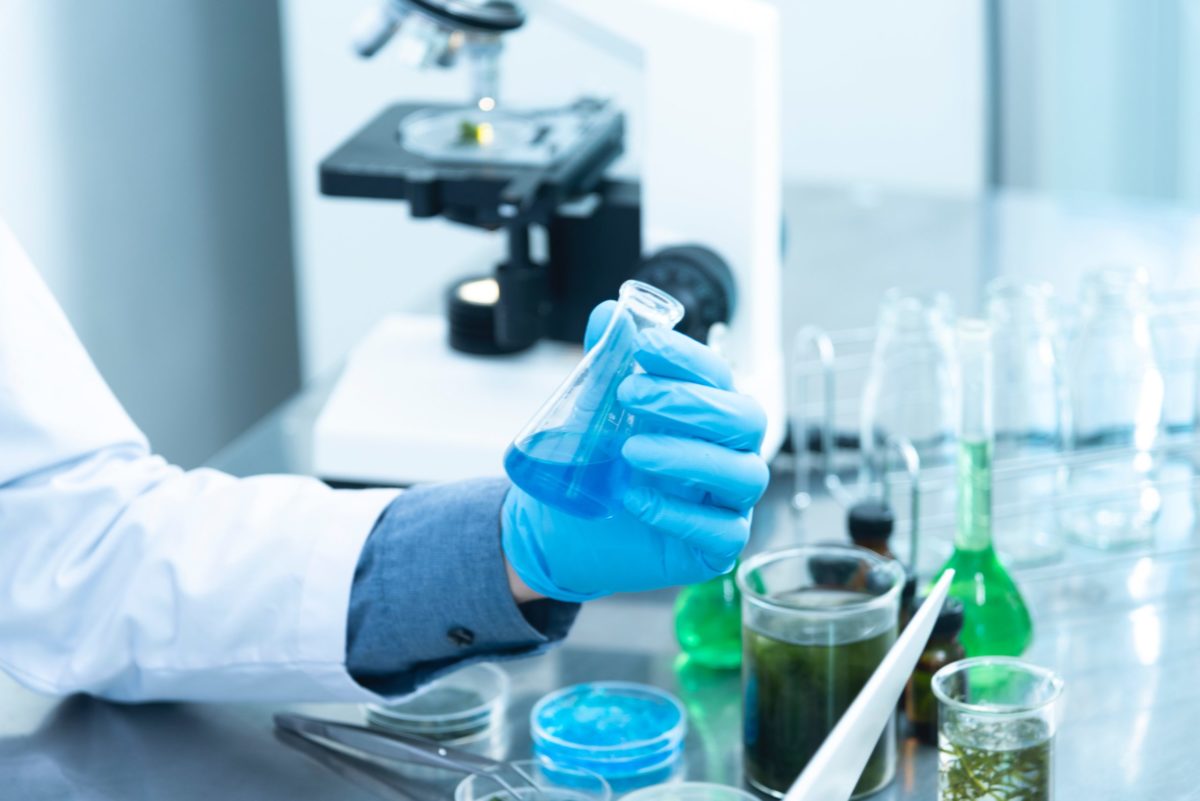
Are manufacturing method patents warranted intellectual property protections, or groundless obstacles to competition?

In this post, I explore several problematic aspects of the court’s reasoning for rejecting the claims of pay-for-delay and market allocation.
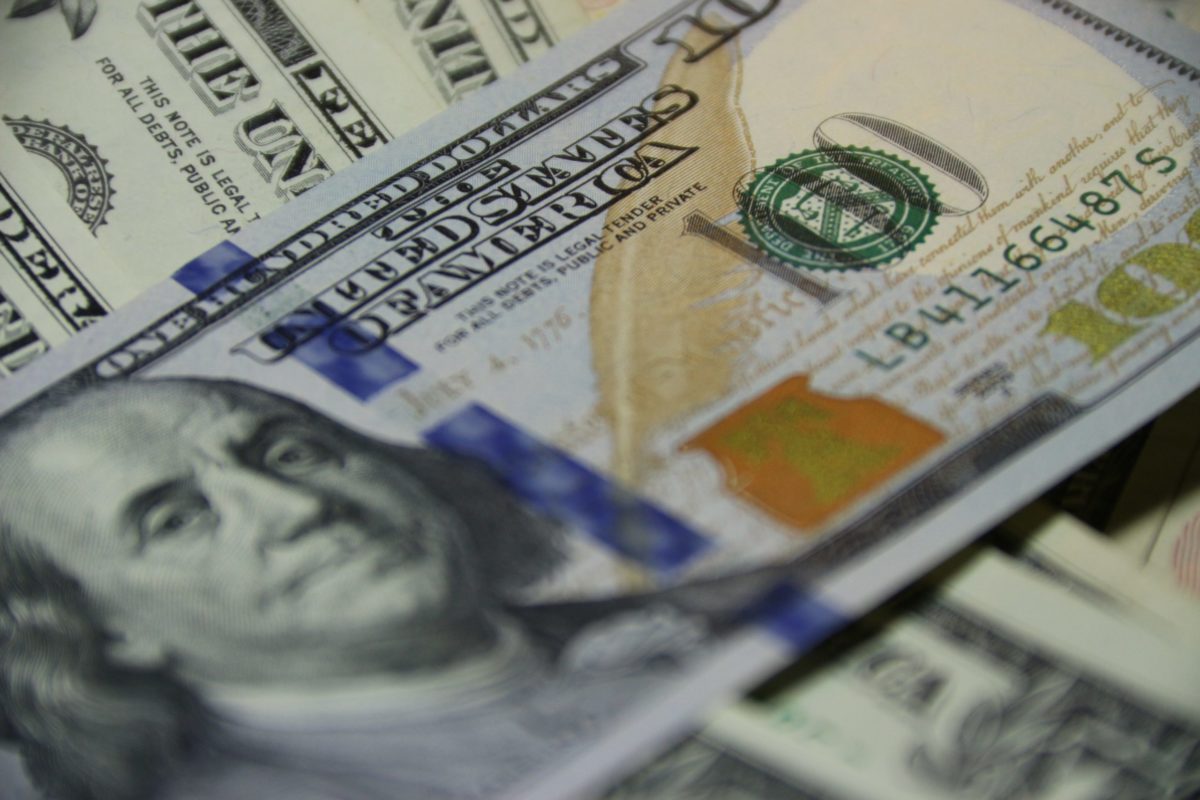
In November 2020, the FDA released its most recent draft guidance for industry on biosimilarity and interchangeability
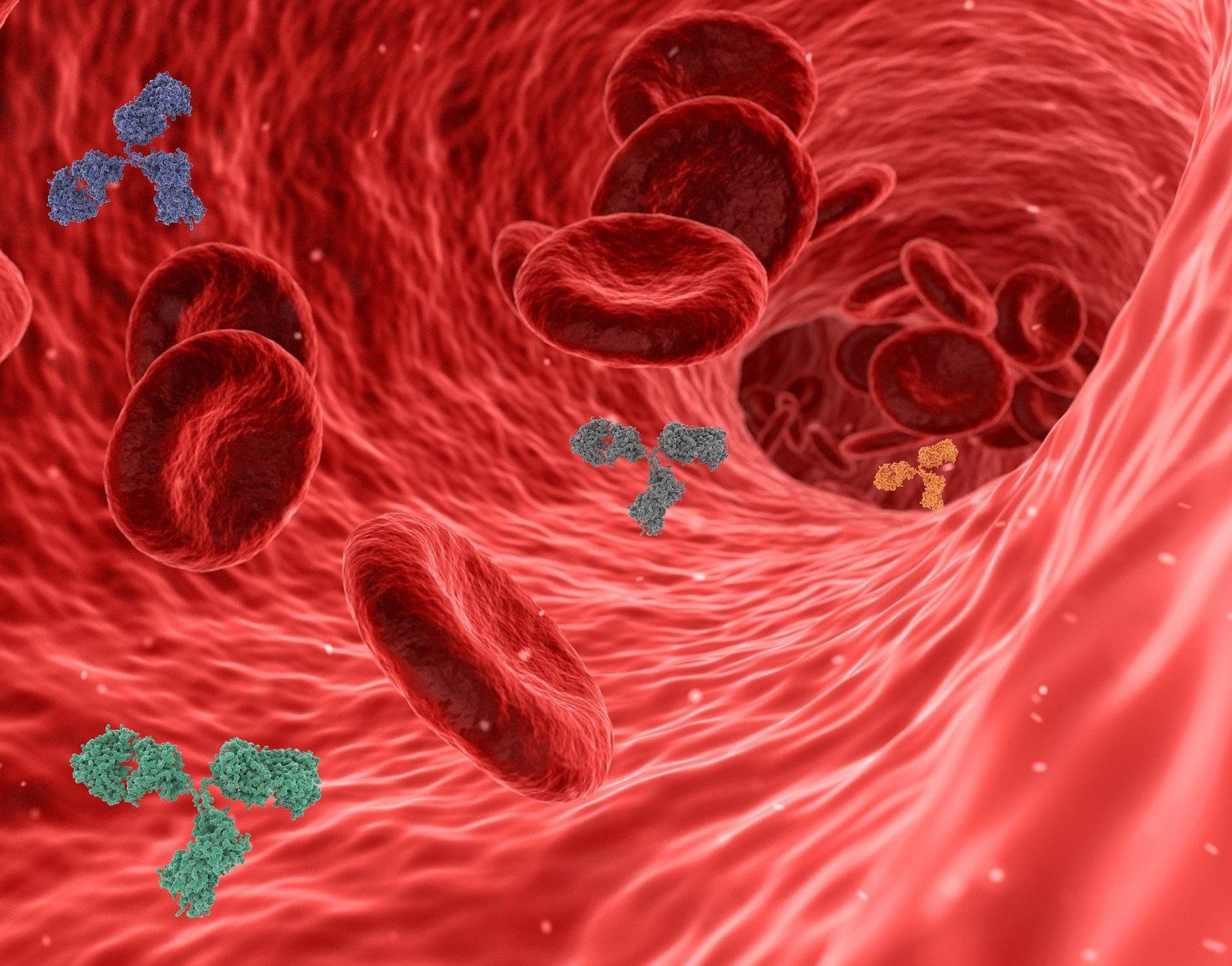
Competition between telehealth providers spilled into open conflict last month, as incumbent Teladoc filed a patent infringement suit against Amwell.
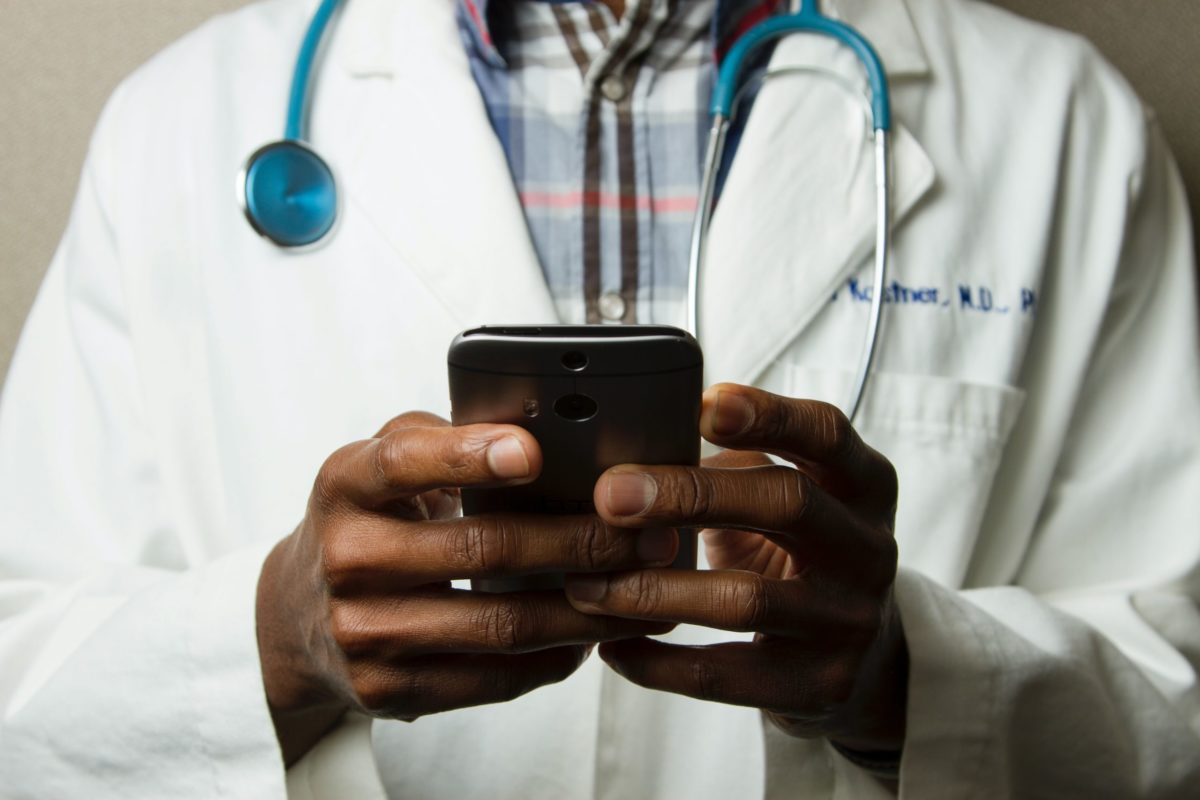
To secure widespread access to a COVID-19 vaccine, many countries plan to seek refuge in a long-existing strategy: compulsory licensing.
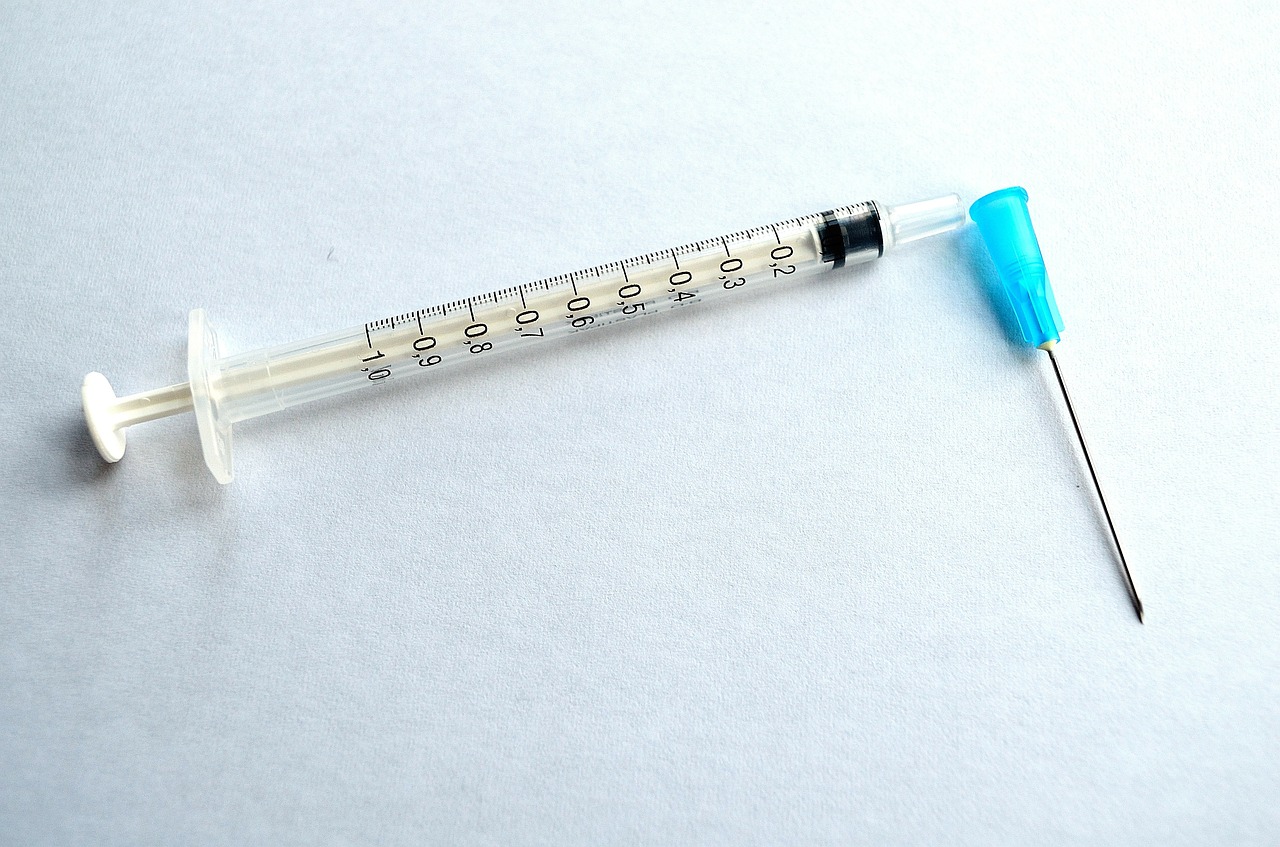
In the high-stakes market for COVID-19 vaccines, it is worth considering what motivates a private firm to relinquish valuable IP rights.
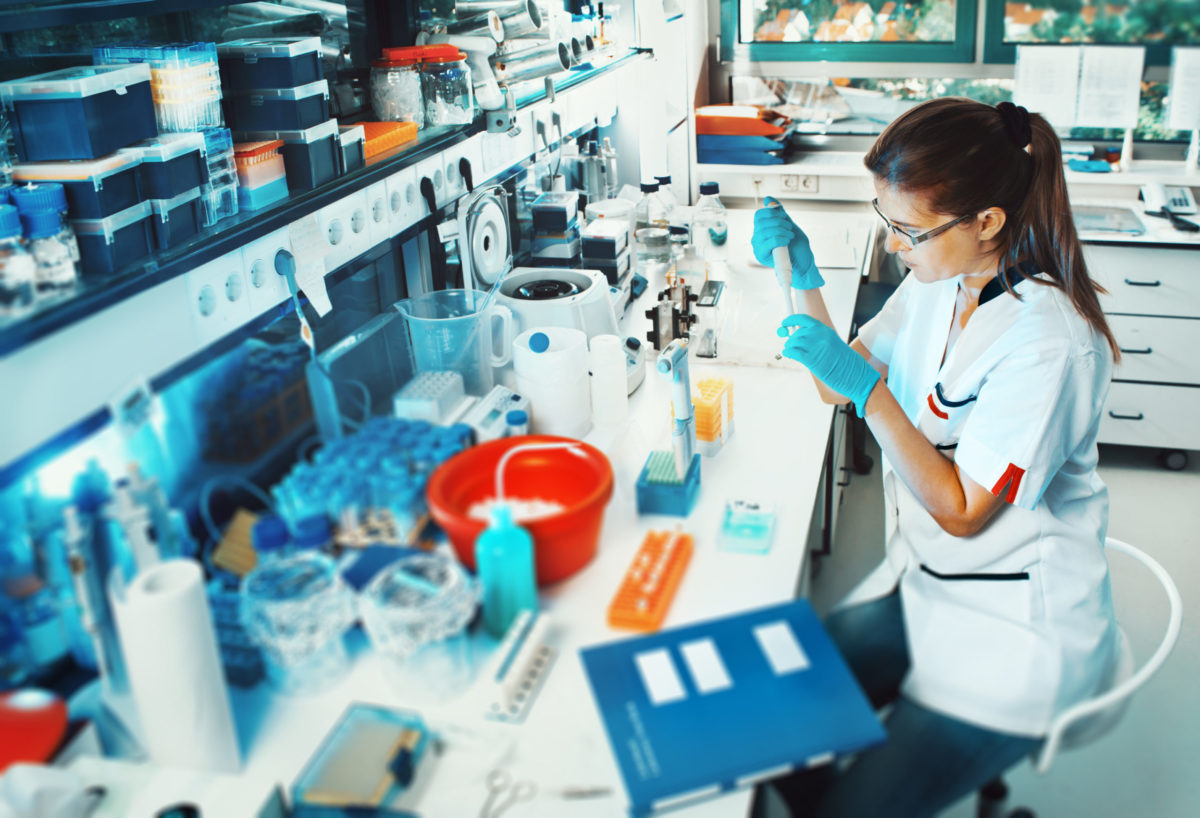
What if you have a great idea for a new technology, but never actually create it, test it, or determine that it works? Is that patentable?
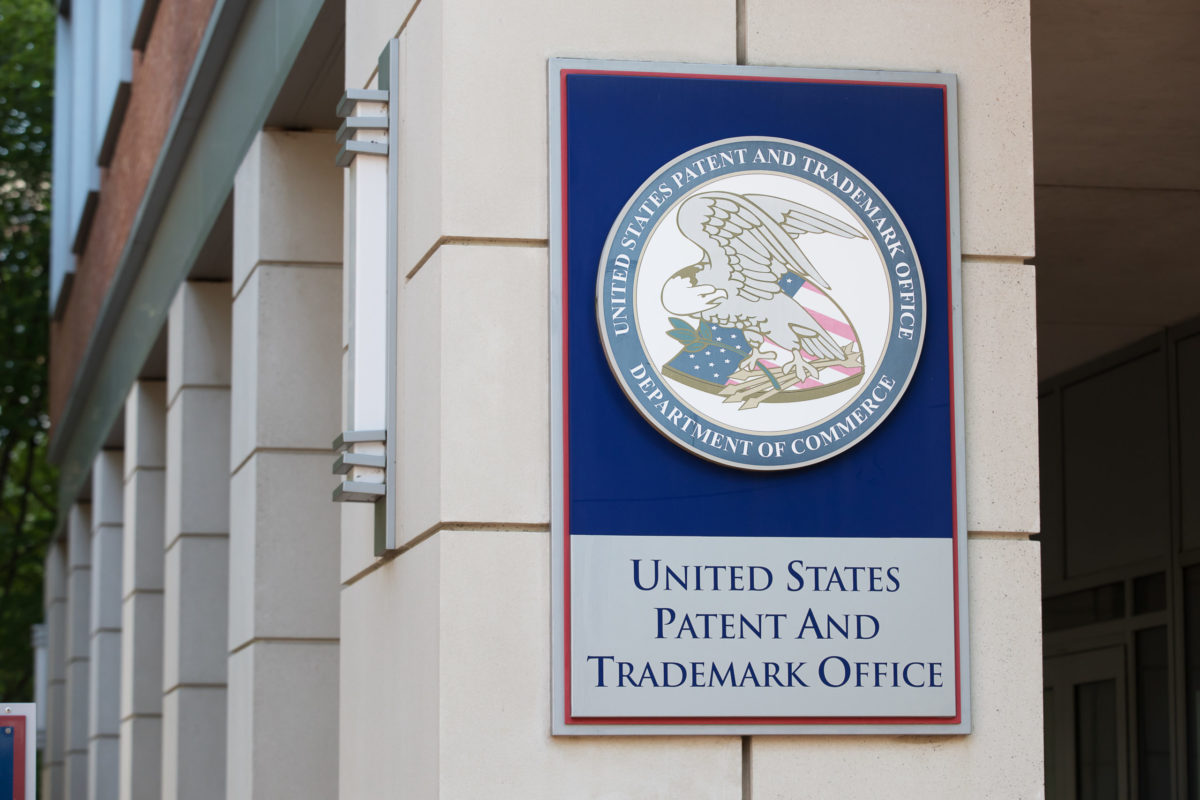
The pandemic makes a stronger case for the need to explicitly incorporate into our legal system a right to repair and supply products in emergencies.
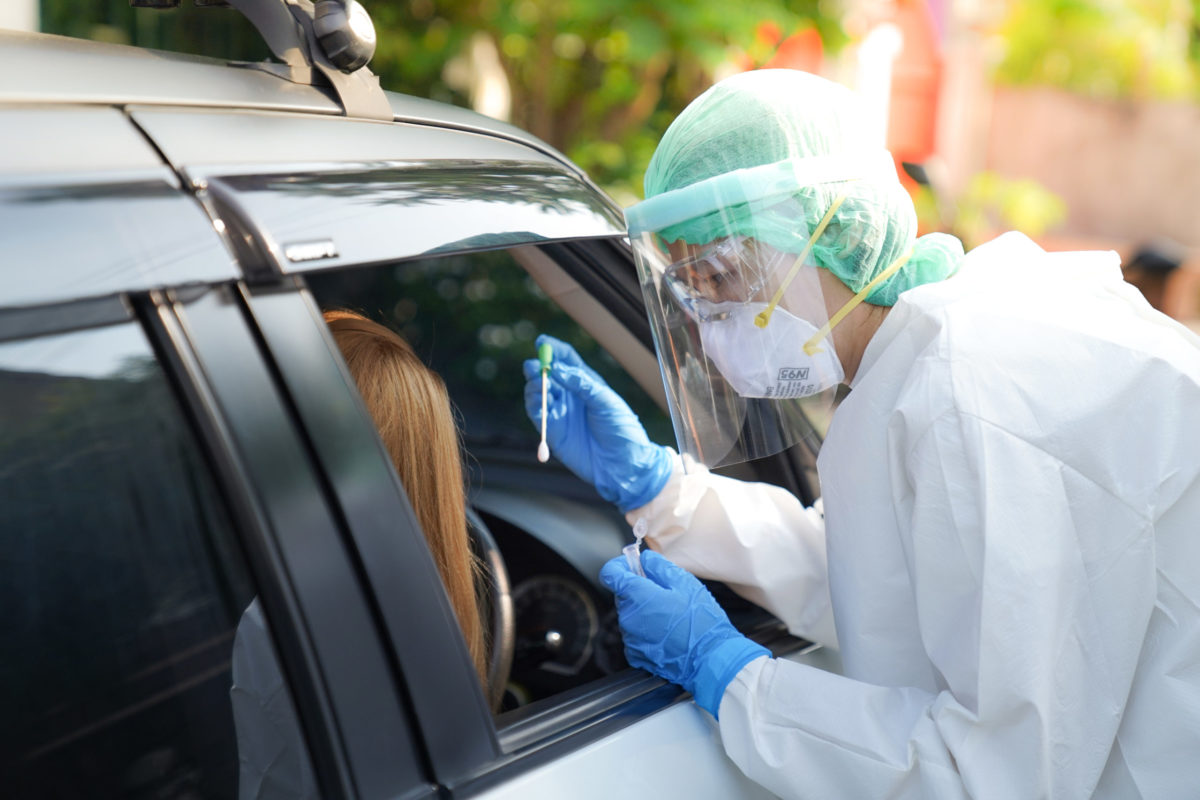
Our discussion probes broad questions regarding the role of intellectual property in promoting innovation and protecting against fakes during the pandemic.
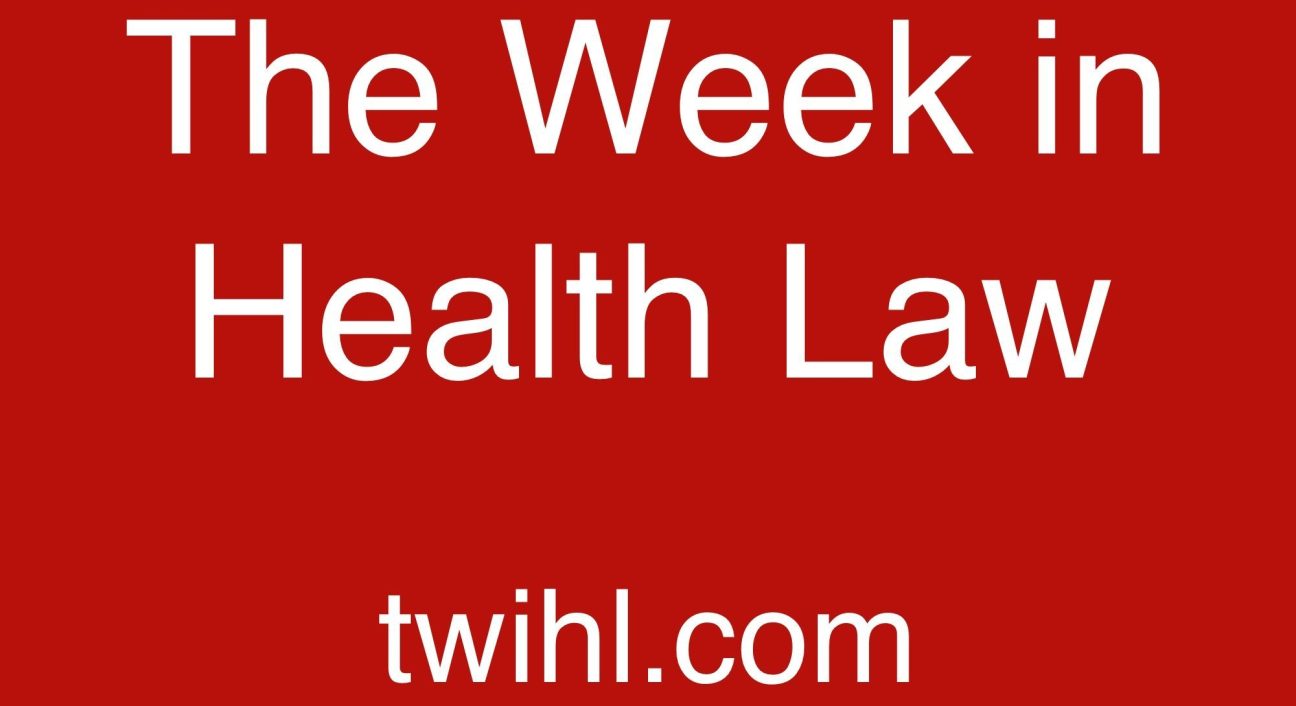
By Timo Minssen I am happy to announce that our recent paper on “Standards, Data Exchange and Intellectual Property Rights in Systems Biology” has been published in the Biotechnology Journal Vol 11, Issue 12, pp. 1477-1480. The paper was co-authored by Esther Van Zimmeren from the University of Antwerp, Berthold Rutz from the European Patent Office and me. Please…